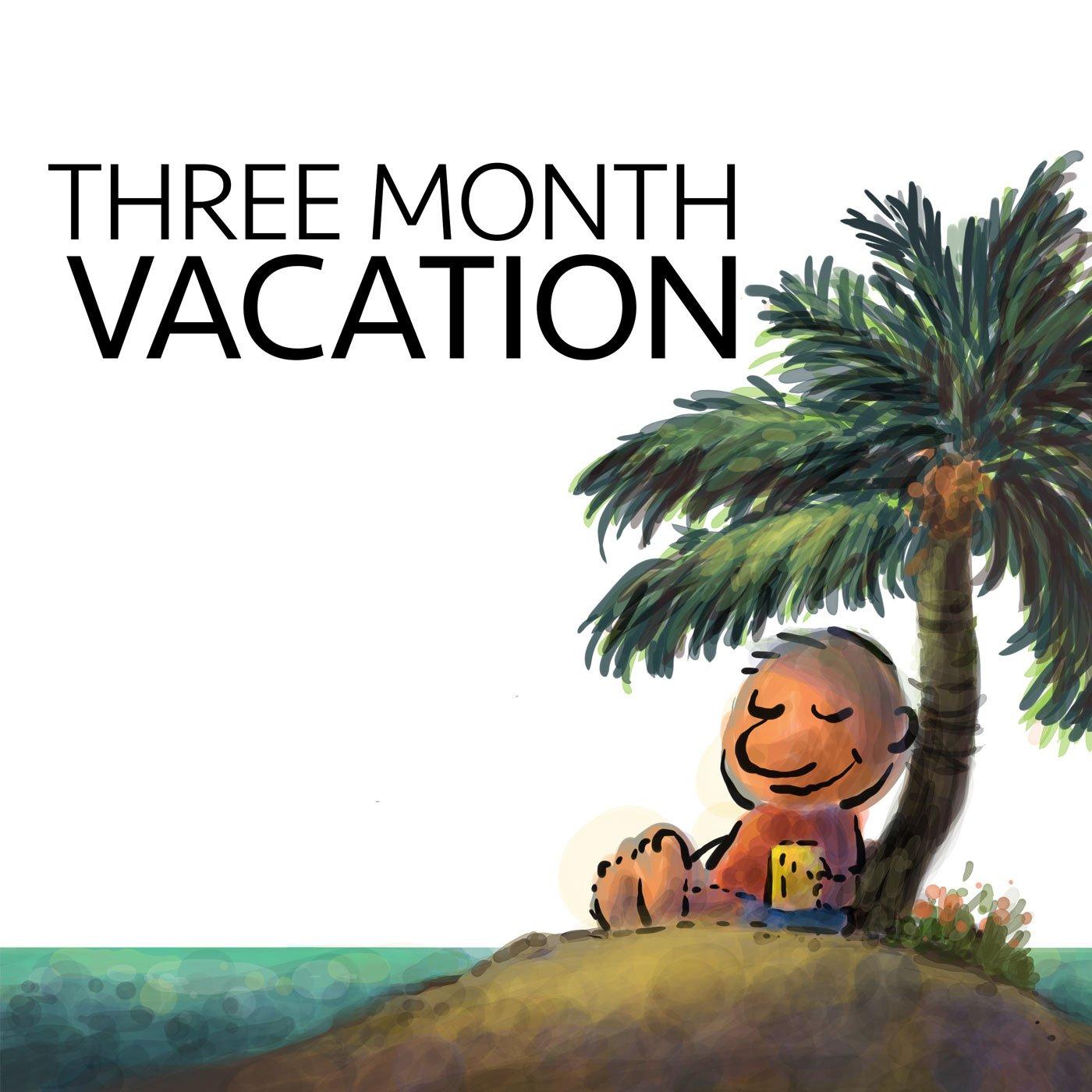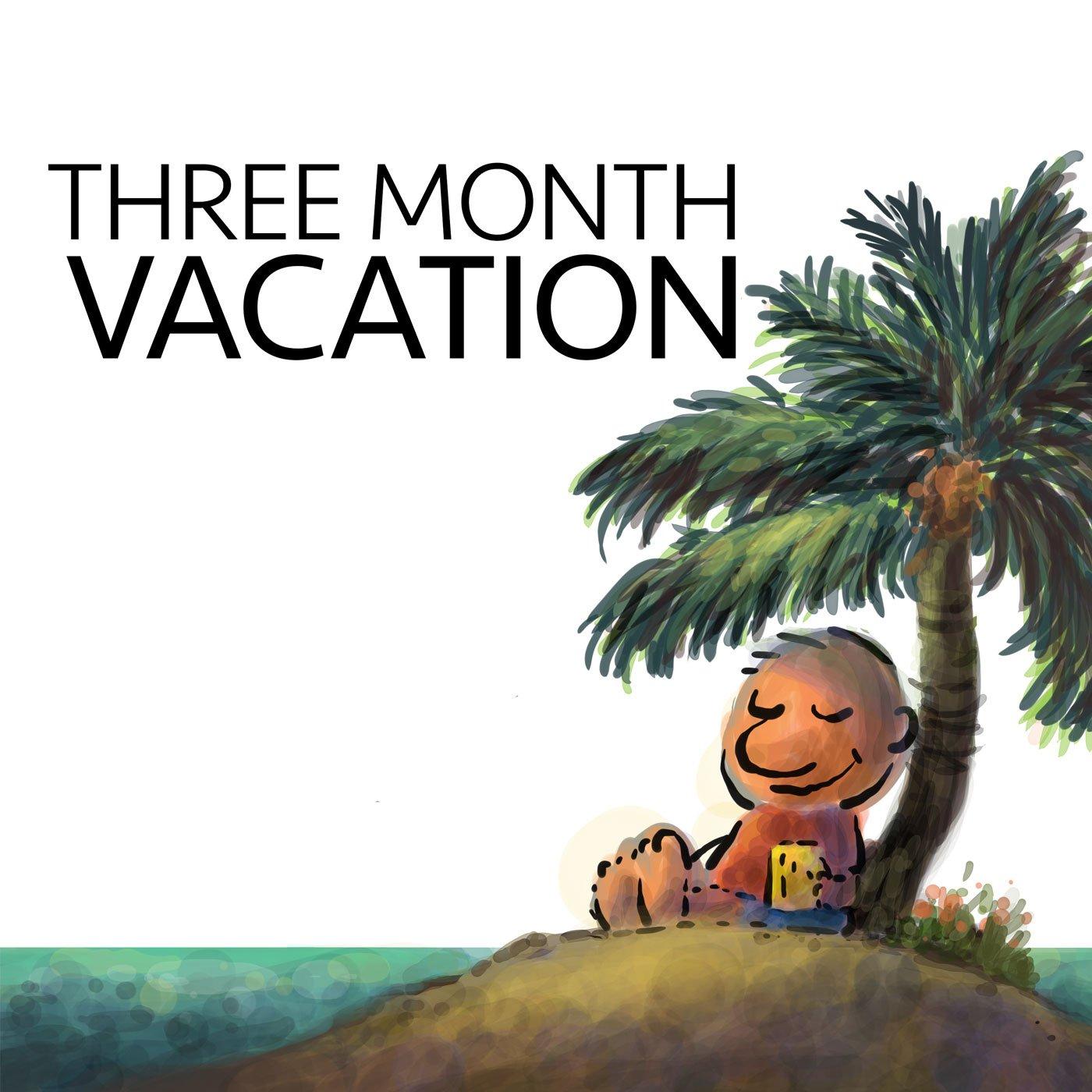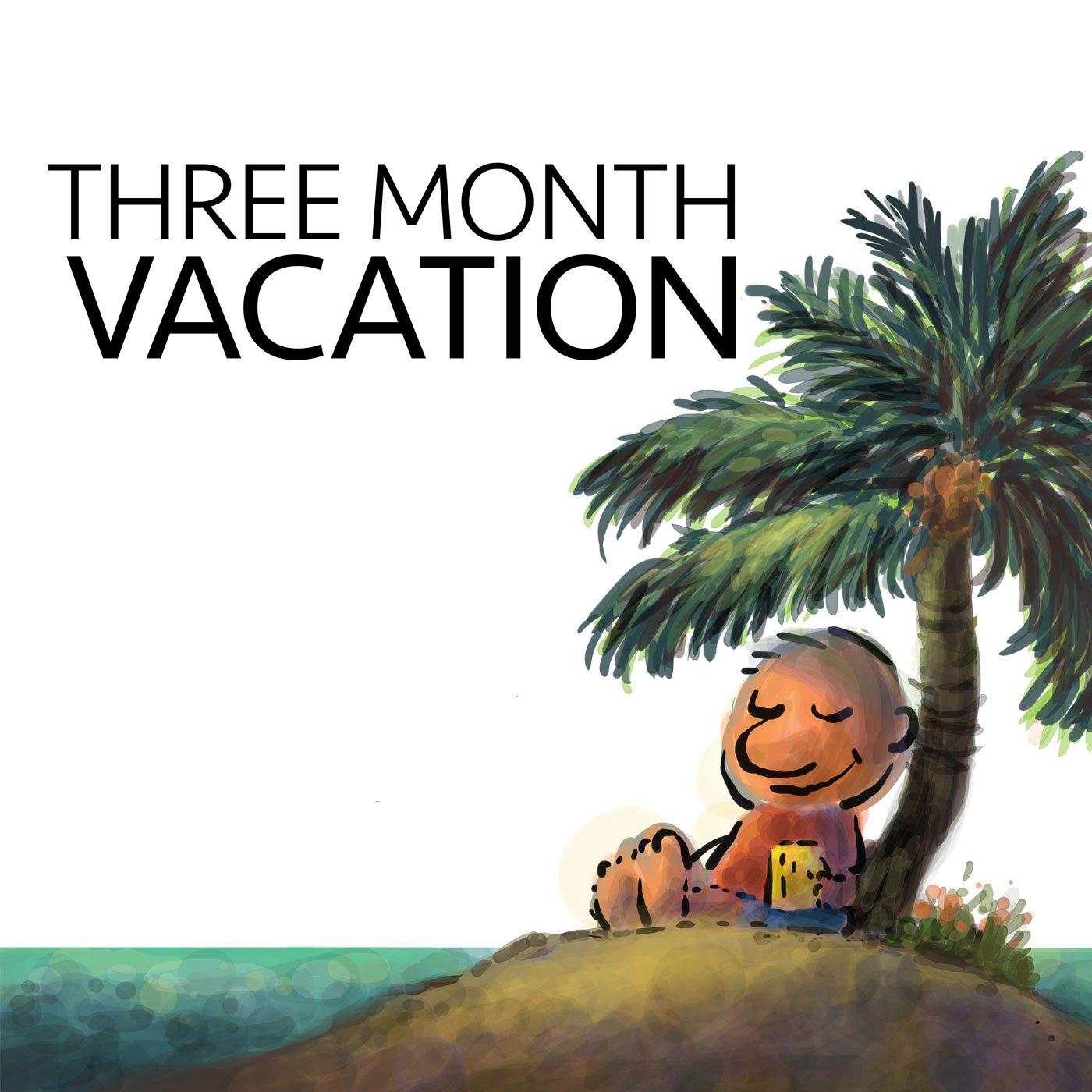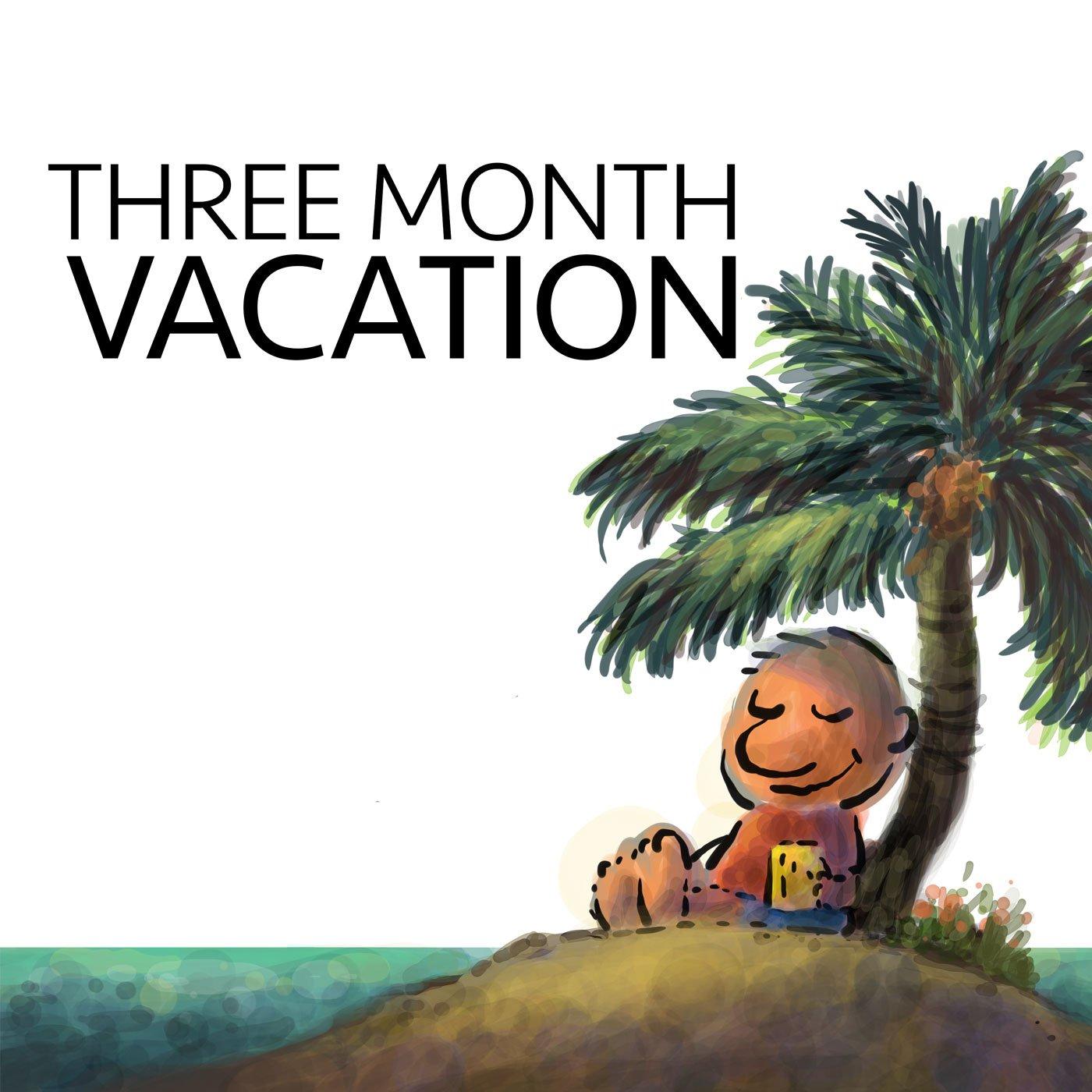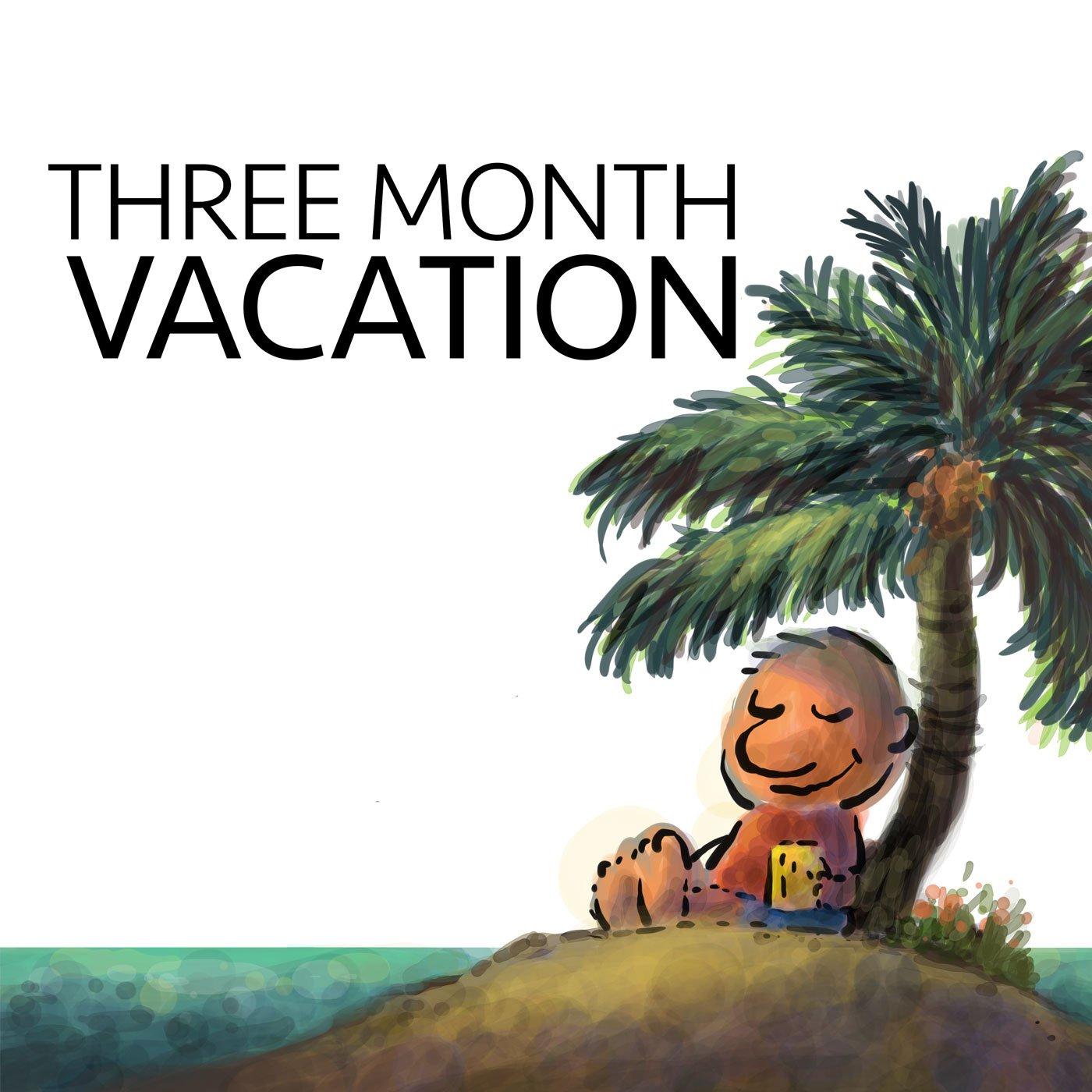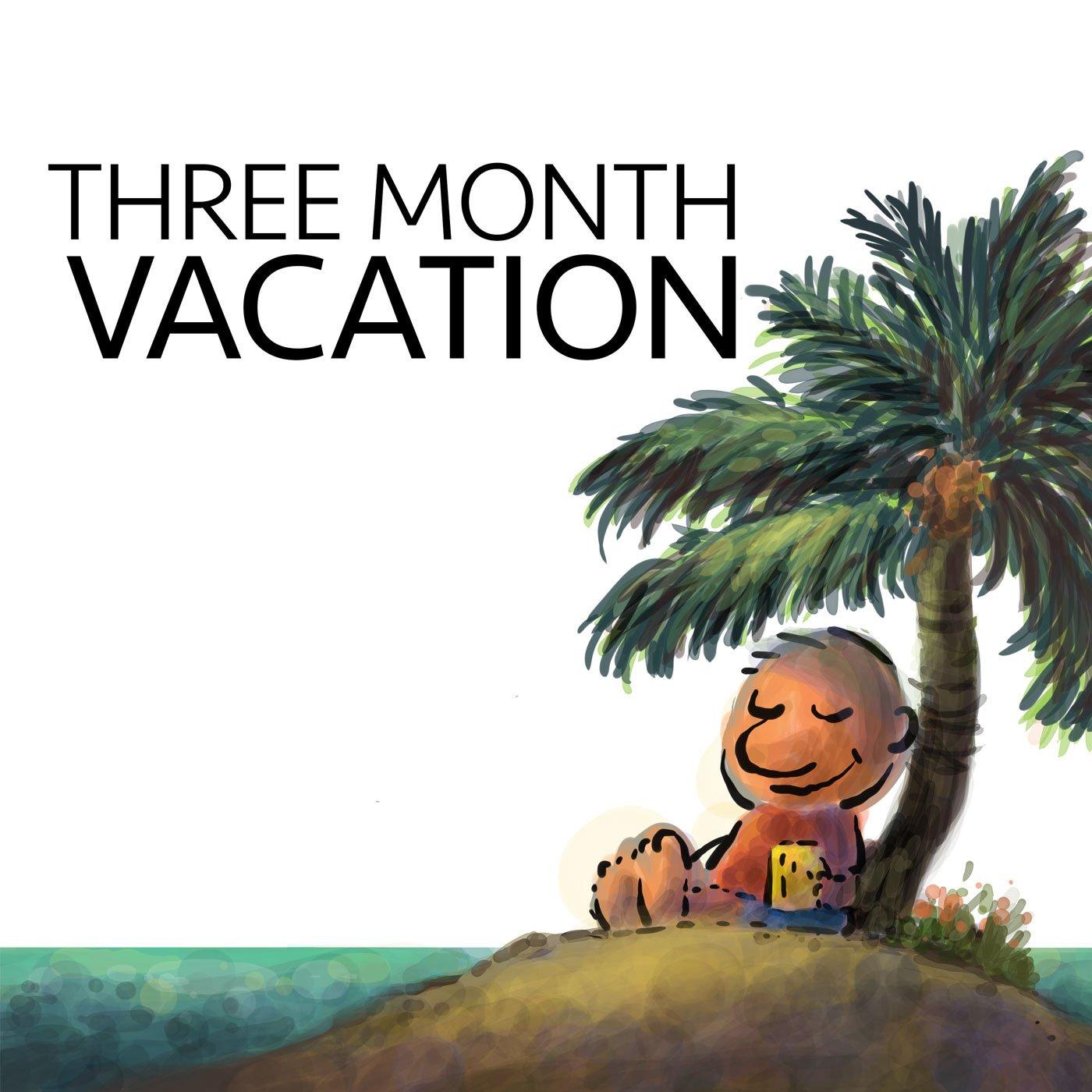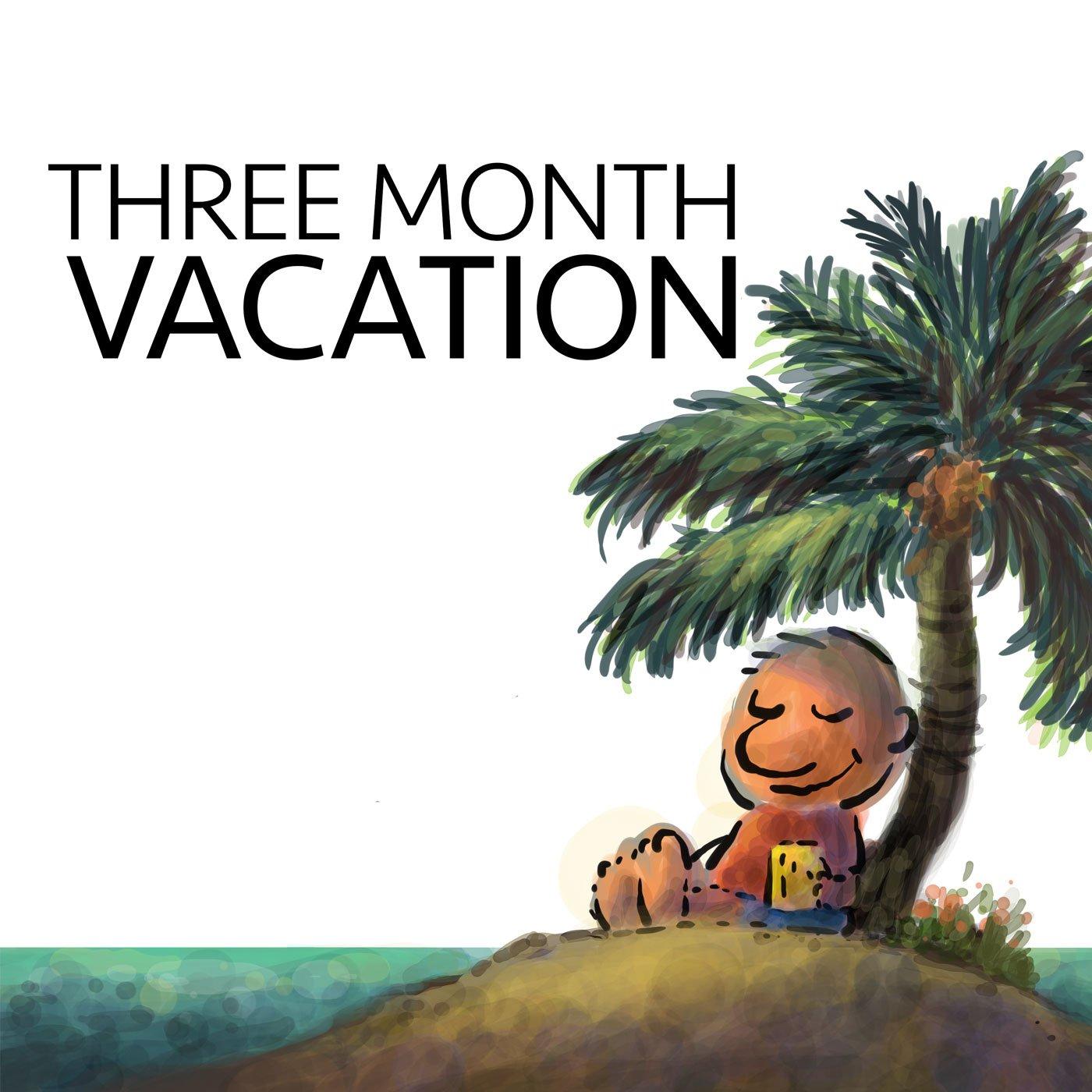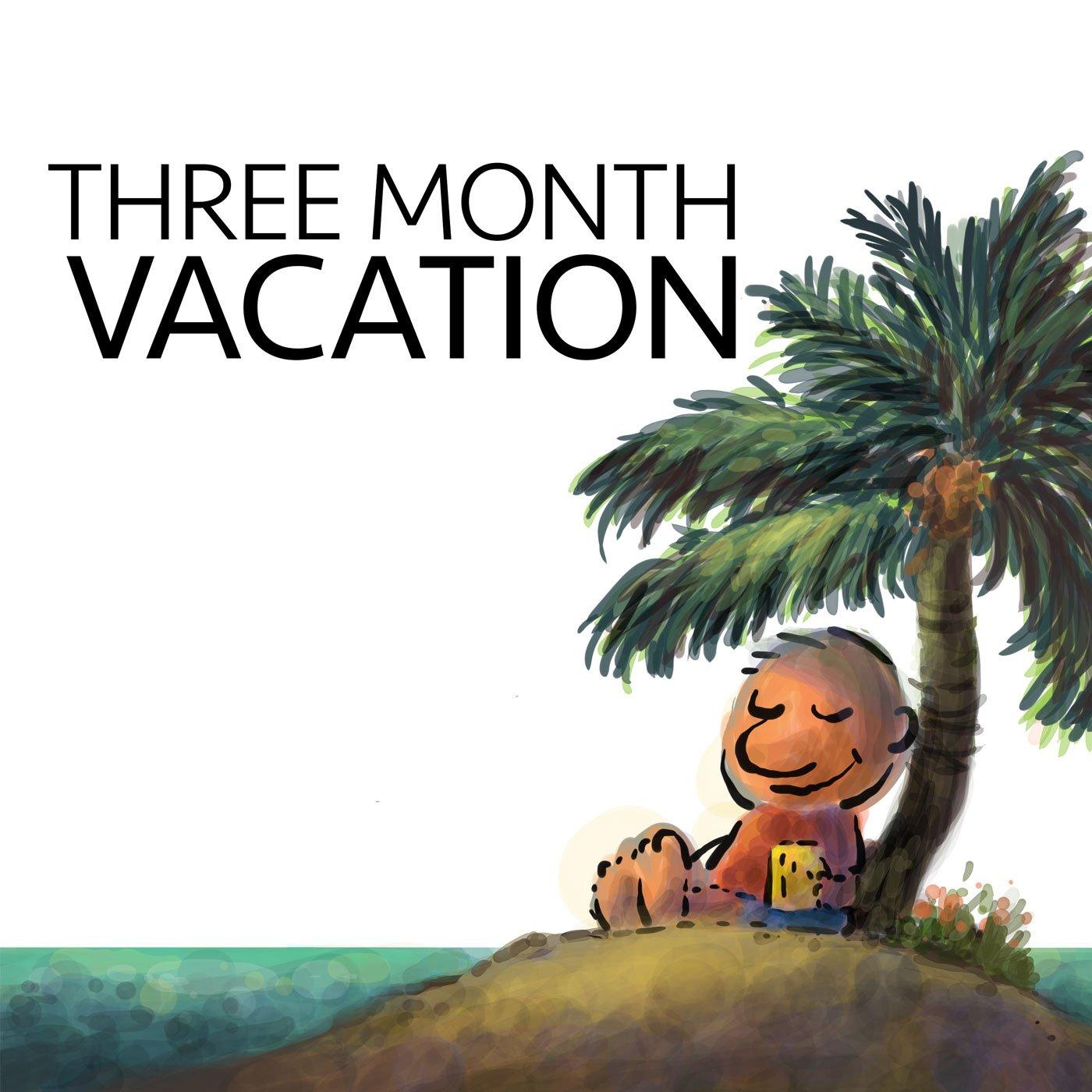502 episodes


We often want to help others. It's a great trait to have in a world that is rather selfish. Yet, it can be a terrible idea when you're communicating with friends and clients. People rarely want your help. What do they want instead? Listen to the "hug, hear and help" method to change the way you see the world. And also the way the world sees you.


Sometimes we think that we're just wasting our time writing articles or recording a podcast. Or maybe even the advice we give seems to go nowhere. You'd be surprised to know that you're making an impact beyond your wildest imagination


Do you feel like you're in the world where everybody is just angry with each other? How do you cope with a situation where you don't agree with the other person? You may not agree with their politics, their way of life, and you may have no intention of going over to the other side. The answer to most "aggressive conversations" is simpler than you would expect. And it's also a lot more fun and you get to stay friends. Let's find out how.


While writing an article, report or book, you're more than likely to need a metaphor. In fact, you may need at least a dozen. The problem with metaphors is that they're usually very predictable. How do you take a "boring method" and make a metaphor quite exciting? Let's find out.


The quickest way to get out of a rut is to have a deadline. The moment you don't have a deadline, you're in trouble. Soon that blip becomes a blurb, which becomes a balabooza that you can't control. How do you get out of a rut quickly—really quickly?


We all want to praise others, but sometimes it seems extremely difficult to do so. Which is why we often resort to something like "great job" or "that's cool: And Facebook has trained us to just "like" everything. Which means that the person who you're praising rarely feels the impact of that praise. In this episode we'll look at how to go about praising someone, and especially how to give praise when you don't have much to say.


Usually a "NO" feels like a door slammed in your face. However, in many cases, a "NO" isn't a forever thing. If you look at "NO" differently, there's a good chance you'll get a bucketful of "YESES". Here's my experience of going from "NO to YES".


You'd think that success parameters are everywhere—and they are. Yet, some of them are so obvious that we completely miss them. In order to turn things around and get people to get your clients—and yourself—to understand success better, you have to know the difference between ego and mastery. In this episode, that's what we explore and why it makes such a vast difference.


Have you heard yourself saying: I'm not good with names! Almost everyone you run into is likely to say something similar. Is it because we're bad with names and have terrible memories? Or is it a myth that we've been perpetuating? Let's find out in this slightly odd view of memory.
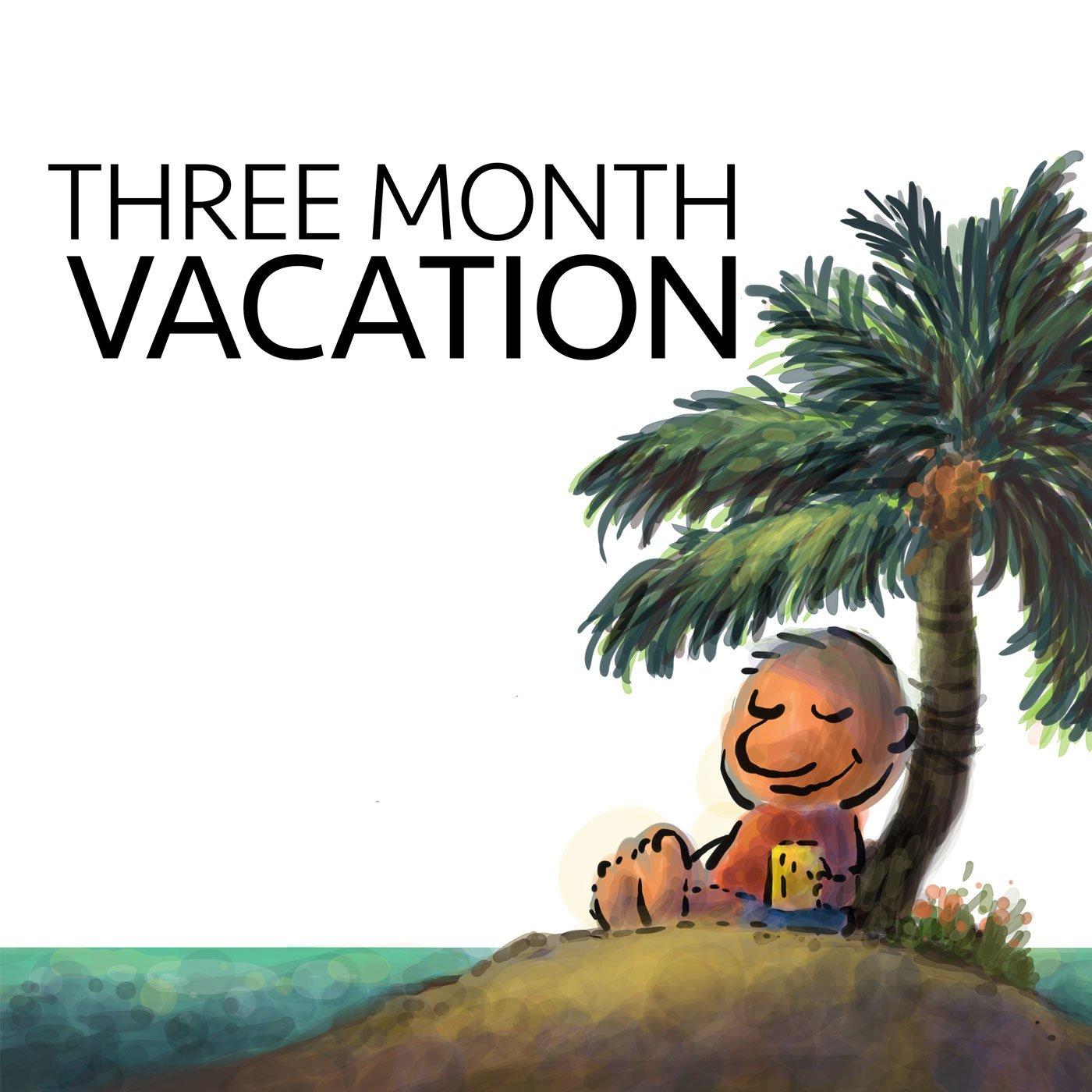

The first line is what pulls us into an article. Yet we end up writing a really boring first line. What's worse is that you could use the power of story to create an intensely powerful first line in minutes. Don't believe me? Well, do you have 10 minutes?


If we went back in time, we'd all feel a little less stressed out. We weren't being pounded with endless information all the time. There weren't a million courses, workshops, training and videos, let alone an endless parade of books. It seems like we'll never keep up. And no, we won't. But there's a way around the problem and it's quite permanent. Let's fix it, shall we?


I was chatting with a client, and he told me how he needs to improve his drawing. "I always draw stick figures", he said to me, "and somehow, I need to improve these drawings." This strategy struck me as odd because I didn't see a problem with his stick figures. The stick figures looked as good as they would always be, with little room for improvement. "You don't have a problem with stick figures," I said. "You have a problem with memory!" My comment confused him because he was talking about drawing and learning to draw, but I was referring to "a lack of memory". What is this "memory" bit all about?


The biggest underlying success factor of a business is repeat clients. Yet time and time again, we have to keep looking for new clients. This sorry situation is often because we are seduced by information, not results. We know results are important, but we still go in the "opposite" direction. How do we solve this ongoing nightmare?
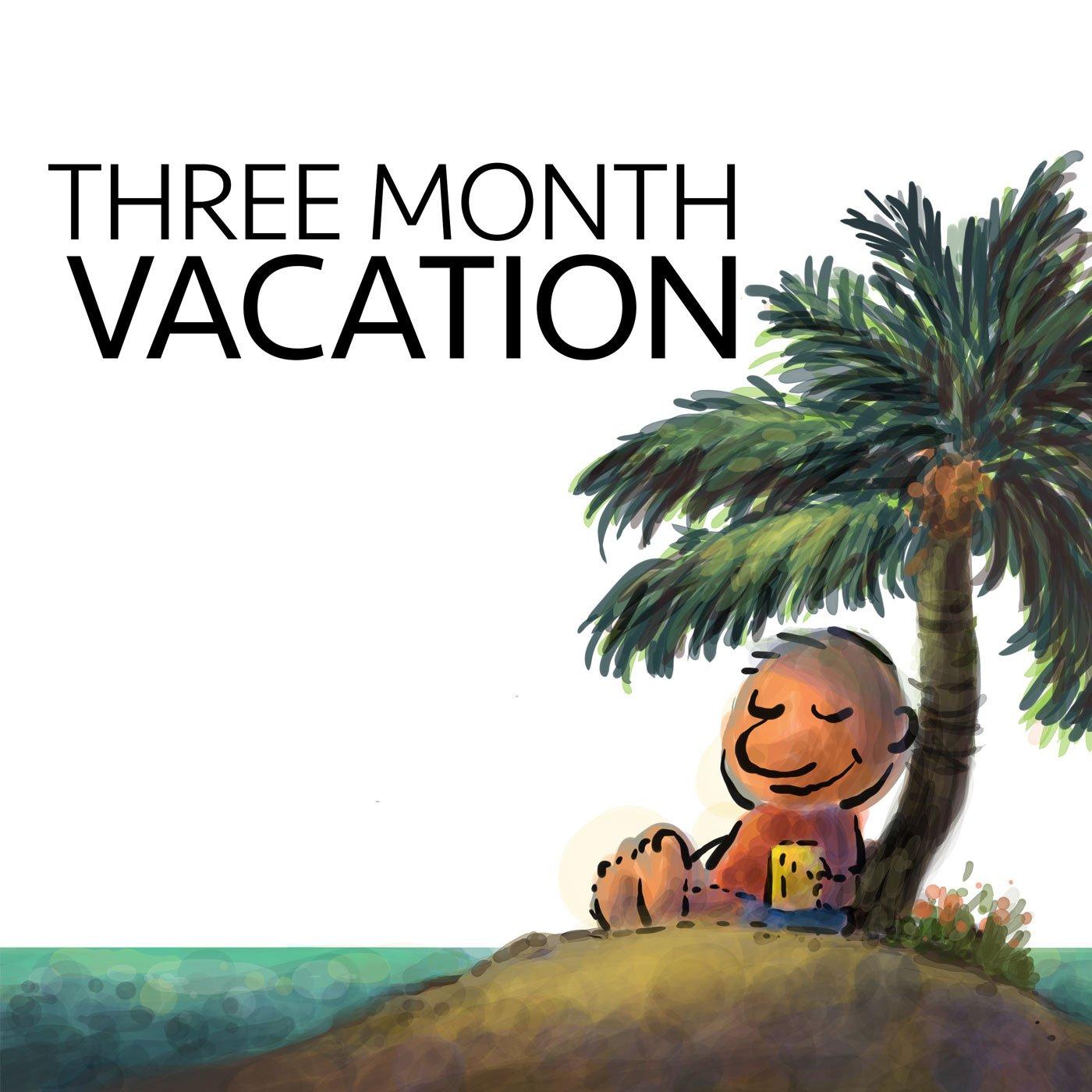

Do you remember the story of the Three Kings in the Bible? You might have heard that they didn't come empty-handed. That's because they understood one of the core principles of living was "giving". Not all the advice you get is obvious. Today, let's look at some not so obvious ones, shall we?
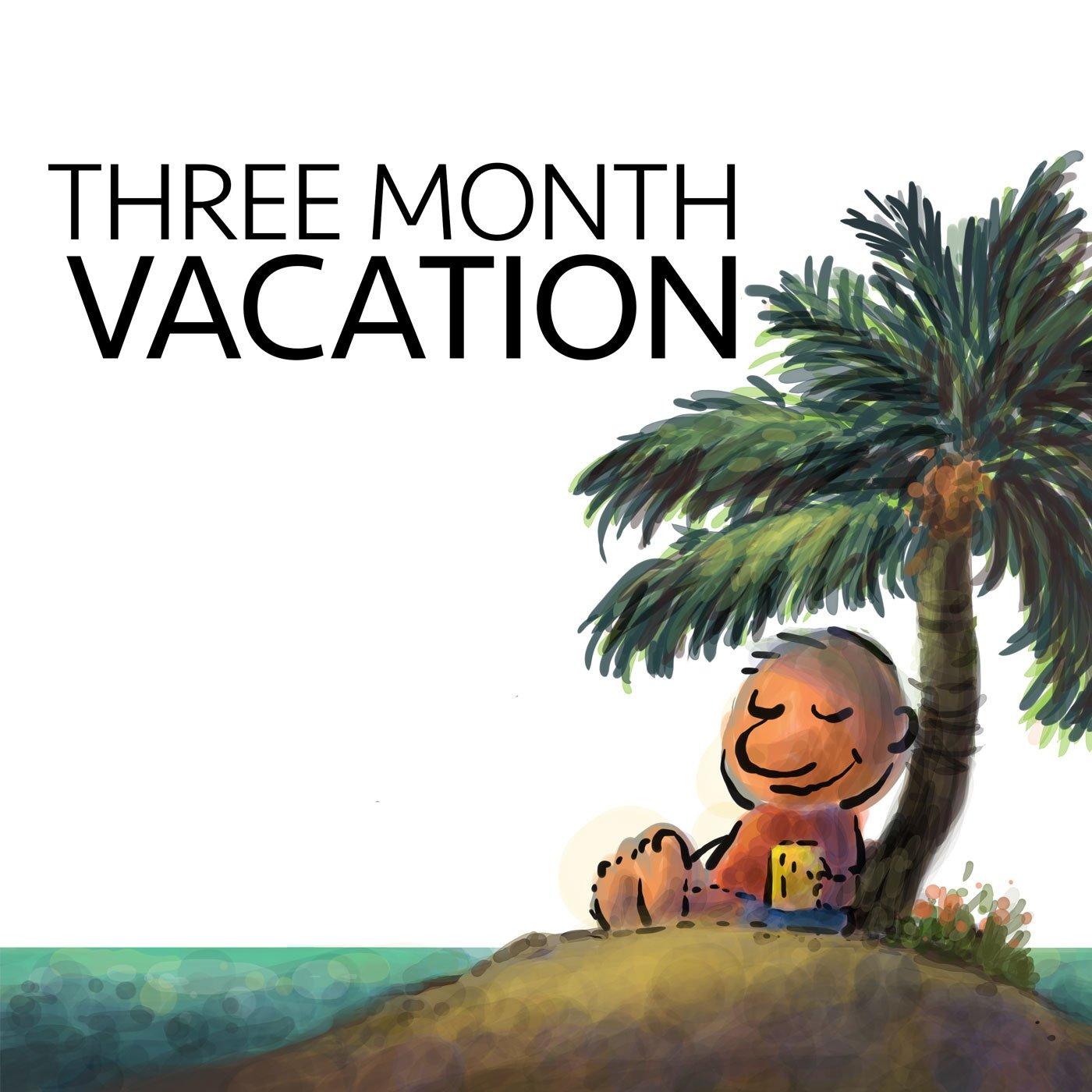

We're told we need to practice if we want to get better. However, most of the times when we're practicing, we're quite bored. Instead, "play" is far superior in every way. It's not boring and like that kid next door, we "dribble" all the time. Let's look sideways at dribbling, instead of just practice, practice, practice
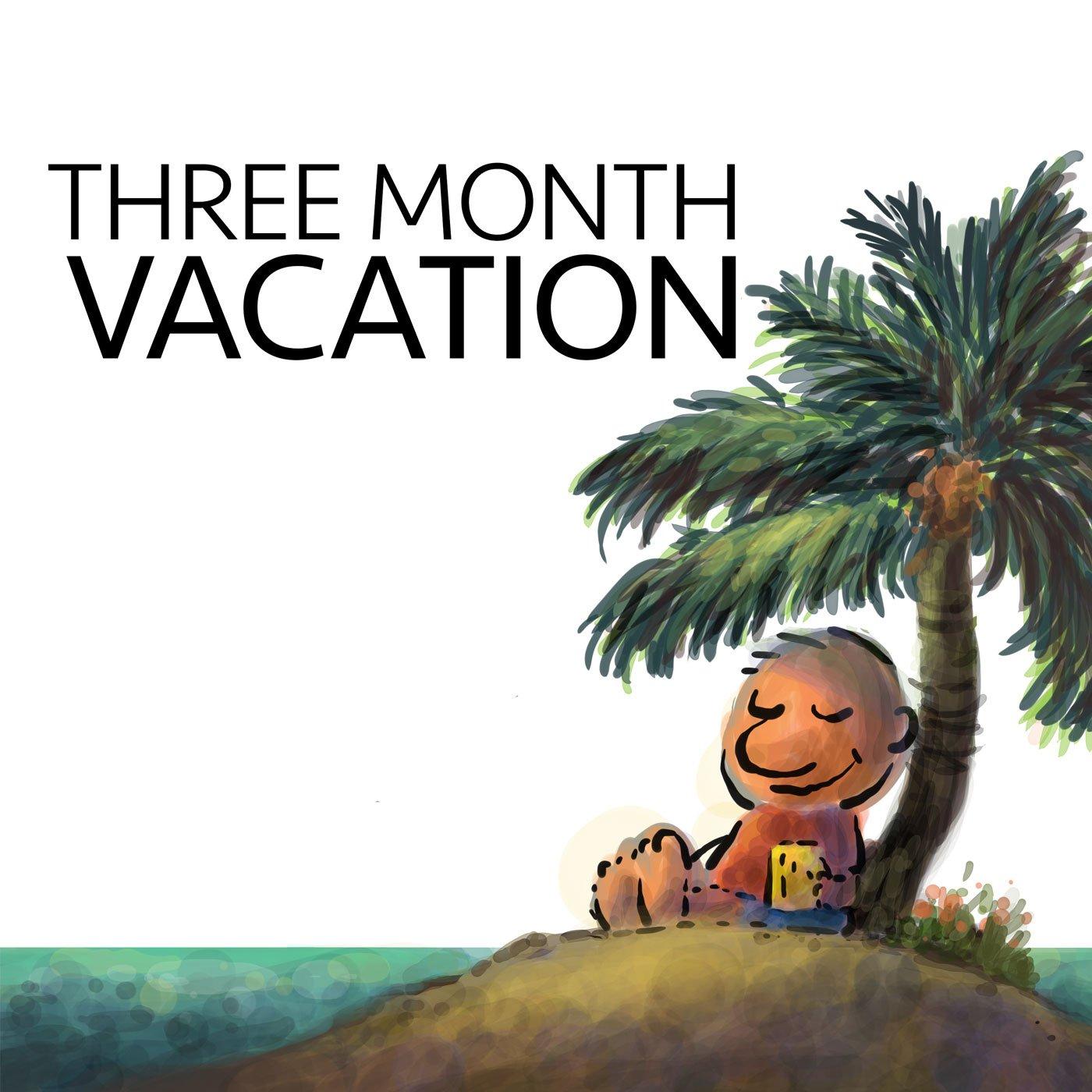

Last week we heard about willpower and how ineffective it can be when we most need it. Today, we have guest—the first ever—Keira Menon. She not only gives you her version of willpower, but also tells you how she went about recording this podcast.
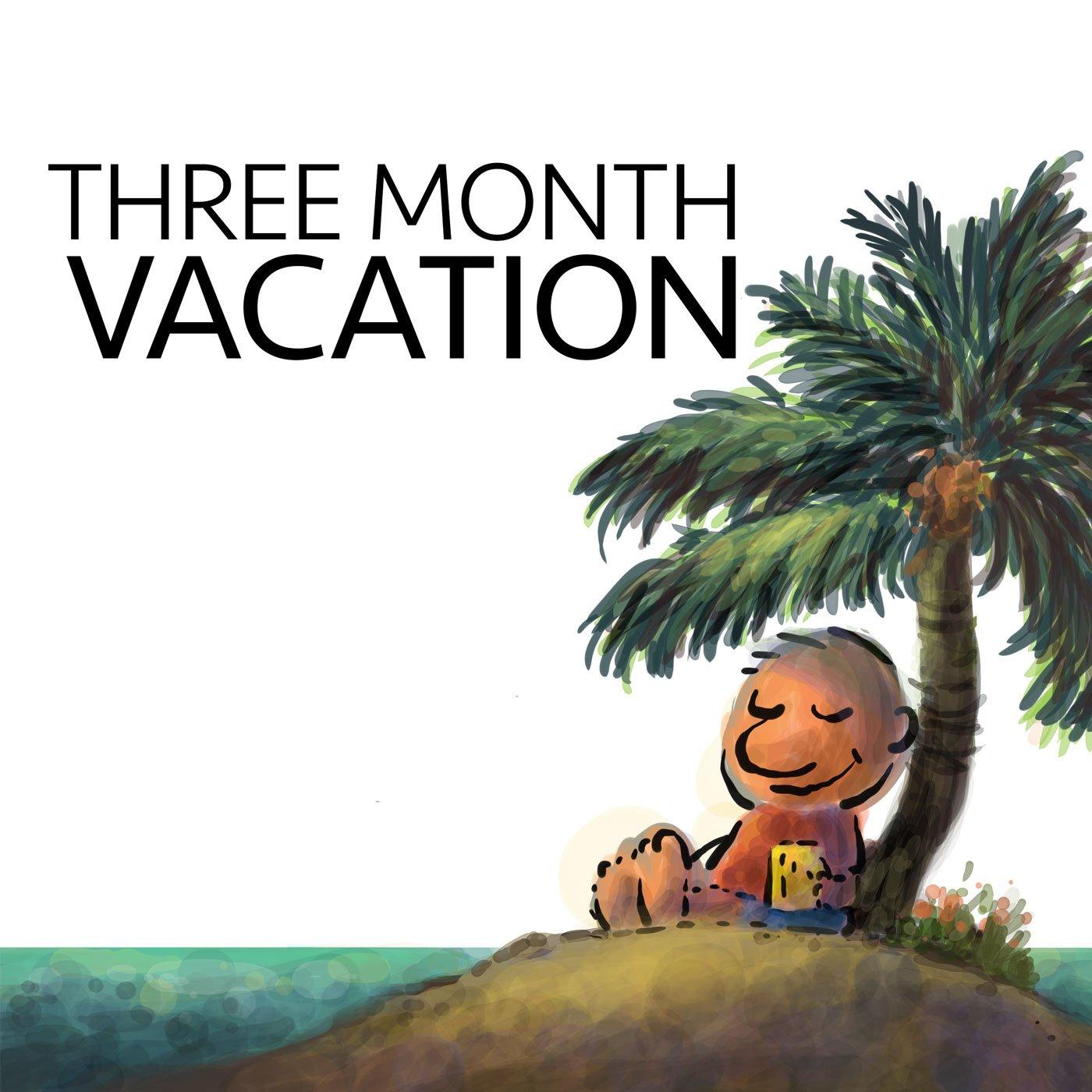

We're told time and time again that what we need is better willpower? Yet, science and endless studies have shown willpower to be ineffective. If you're tired, for example, you'll do things that you don't normally tend to do. Your willpower is completely ineffective in many situations. However, numbers help. How do they help and why are they so underrated? Let's find out.




